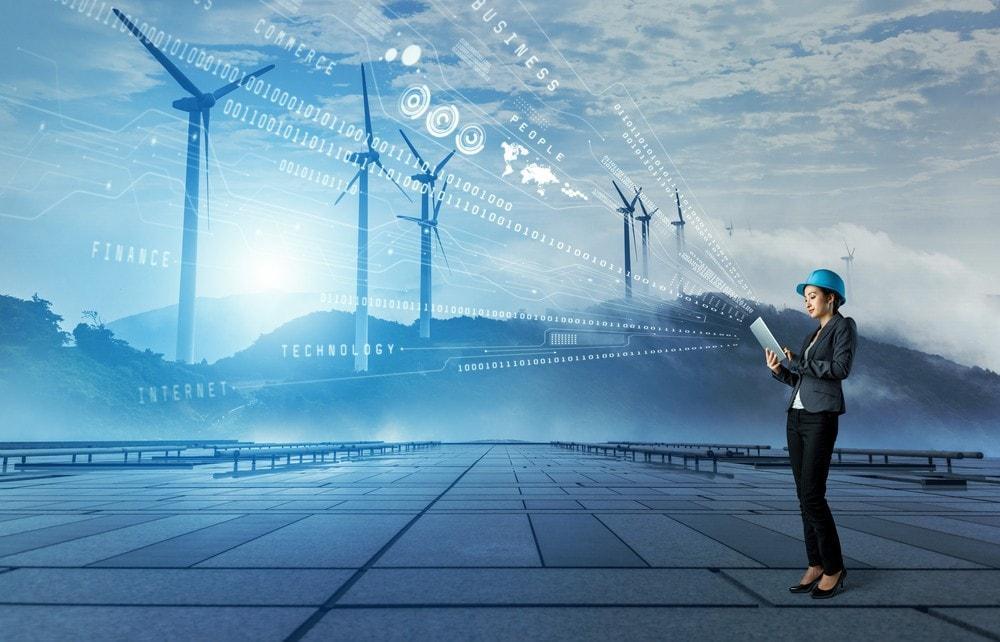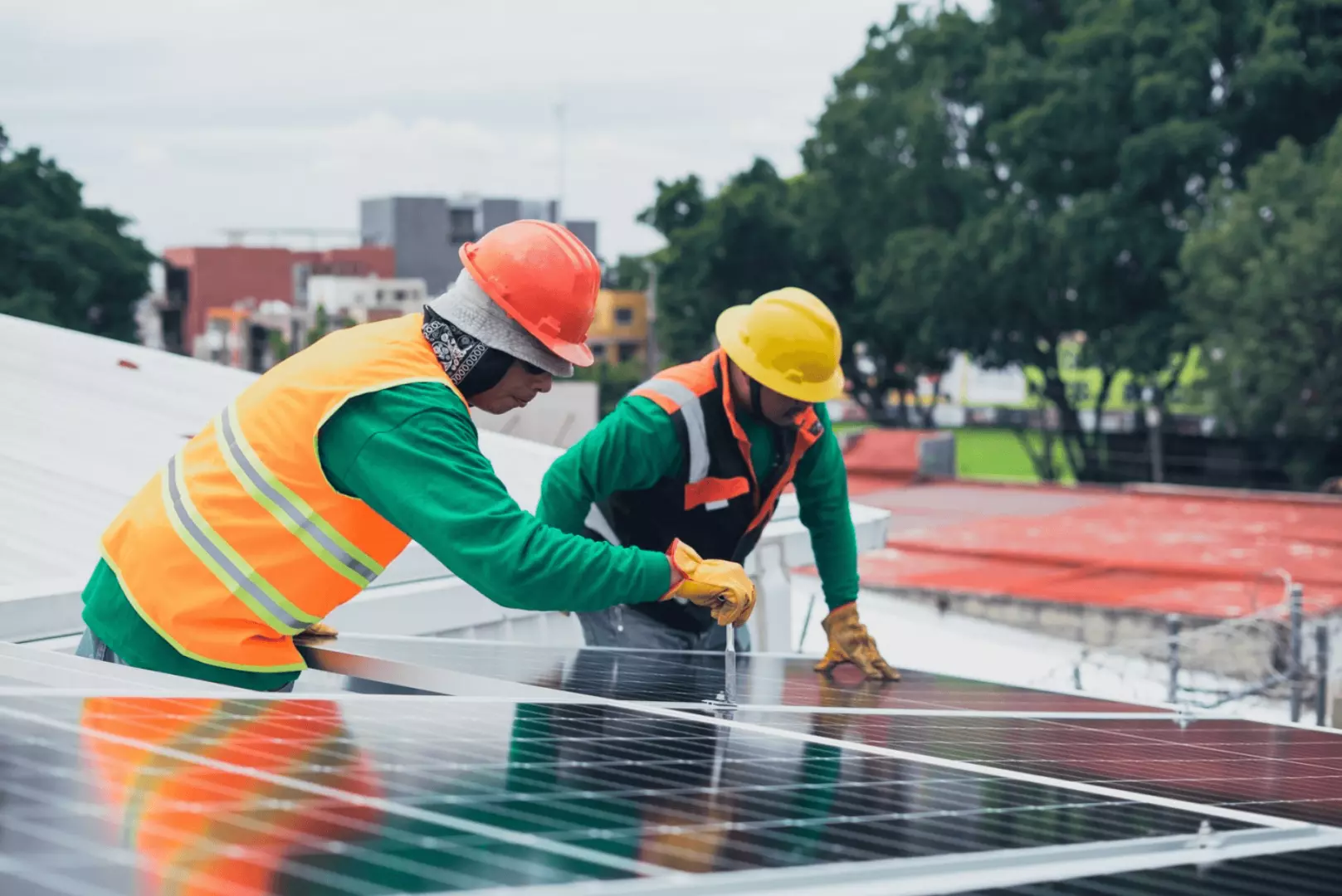Comments
- No comments found

The push for sustainable, renewable energy sources across all types of industries will have a big impact on the workforce.
And yet, this is an aspect of renewable integration that we don’t talk about a lot.
There are a variety of renewable energy types and a host of adjacent professions and maintenance tasks that come with them. These various concerns and obligations mean a changing workforce. Fortunately, by taking account of these changes now, we can support a thriving economy built on clean energy.
In this article, we’ll explore the future of renewable energies into 2022 and beyond and what that future means for the workers who will build it.

First, to understand what the future of renewable energies means for workers, you have to know the direction of the industry as a whole. Renewables are taking off as one of the standards of modern business, from manufacturing to marketing. Meanwhile, renewable energy engineering is one of the most prominent growth fields for employment as the world runs closer to complete fossil fuel depletion as soon as 2045.
Fortunately, businesses all over the world are dedicating their efforts towards sustainability. Not only are these efforts beneficial for the environment, but they are also recognized by consumers who are more interested in investing money into green products and services. Fortunately, tech developments have made integrating and utilizing renewables cheaper and easier than ever.
For example, innovations in energy storage are making the cleantech industry greener. Researchers are developing new ways to streamline energy containment and utilization to make buildings, batteries, and superconductors more efficient, and the result is a world set to transition to 50% renewable energy use in the next 50 years. This means a huge transformation for much of the world’s workforce, used to working with traditional energy sources and fossil-fuel-based processes.
The transition to renewable energies is no longer just a pipedream. Companies are making it happen, and even oil and gas operations are exploring clean energy investments to mitigate the decline in spending that has not recovered from the pandemic. With fossil fuels both volatile and finite, investors are continually turning to renewables for a stable source with which to power their businesses.
However, a change in energy production and utilization won’t just mean business as usual. Or will it?

The reality that renewable energies are creating for workers is more beneficial than it is concerning, and it will likely continue in the same direction. That’s because renewable energy integration is both sustainable and can range in technicality. More experts are needed to take care of everything from panel installation to ongoing maintenance of renewable energy systems. This means more economic opportunities overall, but the nature of the jobs themselves might change.
Workers across industries will feel differently about the effects of sustainable integration in their workplace. However, the change is coming. These are some of the primary ways this will impact the average worker:
First, the push towards sustainability is already creating jobs. An annual review of job growth across the clean energy sector found that employment has reached 11.5 million worldwide, with 5.5 million more jobs that could be filled due to pandemic-era stimulus packages. However, many of the top jobs in the field require at least some prior background in the sciences.
For instance, Zippia’s 2020 list of fastest-growing green jobs featured a majority of positions with “engineer,” “scientist,” or “technician” in the title. Here are a few examples:
This brief list shows how the field—while broader—might demand more technical skills than workers currently have. New positions that are less technical—like hazardous materials removal—may not be highly desirable.
However, renewable energies in the workplace mean cleaner working environments for all. By analyzing risk factors for fossil-fuel-aligned work versus that of renewable energies, researchers have even found that a large-scale embrace of renewables could prevent as many as 1,300 worker deaths over the next decade.
That’s because green energy-powered working environments and production processes are cleaner and safer than the alternative. This is true not just of the air breathed on the job but the nature of the work. A coal mine is a lot more dangerous than a windy prairie, for instance.
With the benefits that come from clean energy, workplaces themselves are cleaner. This means healthier environments in which workers can safely dedicate a fulfilling career.
And the best part is that the renewable energy revolution is bringing with it a host of valuable opportunities in markets that could use an economic boost. By 2026, solar installer opportunities could grow by as much as 105% while wind technician jobs might grow by 96%. Meanwhile, the field of new positions for renewable energy workers will continue to expand in a variety of other directions.
Amidst all this growth, sustainability must be factored into business objectives and key results. Setting the right OKRs means everything when it comes to economic success, even with renewables. This means setting realistic long-term goals and intermittent milestones that consider social and financial features of renewable integration as well as the environment.
Fortunately, renewable energies are more economical than ever before. They’ve fallen in cost by 85% in the last decade, and now are cheaper than fossil fuels in a majority of cases. For workers, this means the green energy revolution is upon us. Luckily, the effect will undoubtedly be job growth and safer working conditions for the world.
Leave your comments
Post comment as a guest